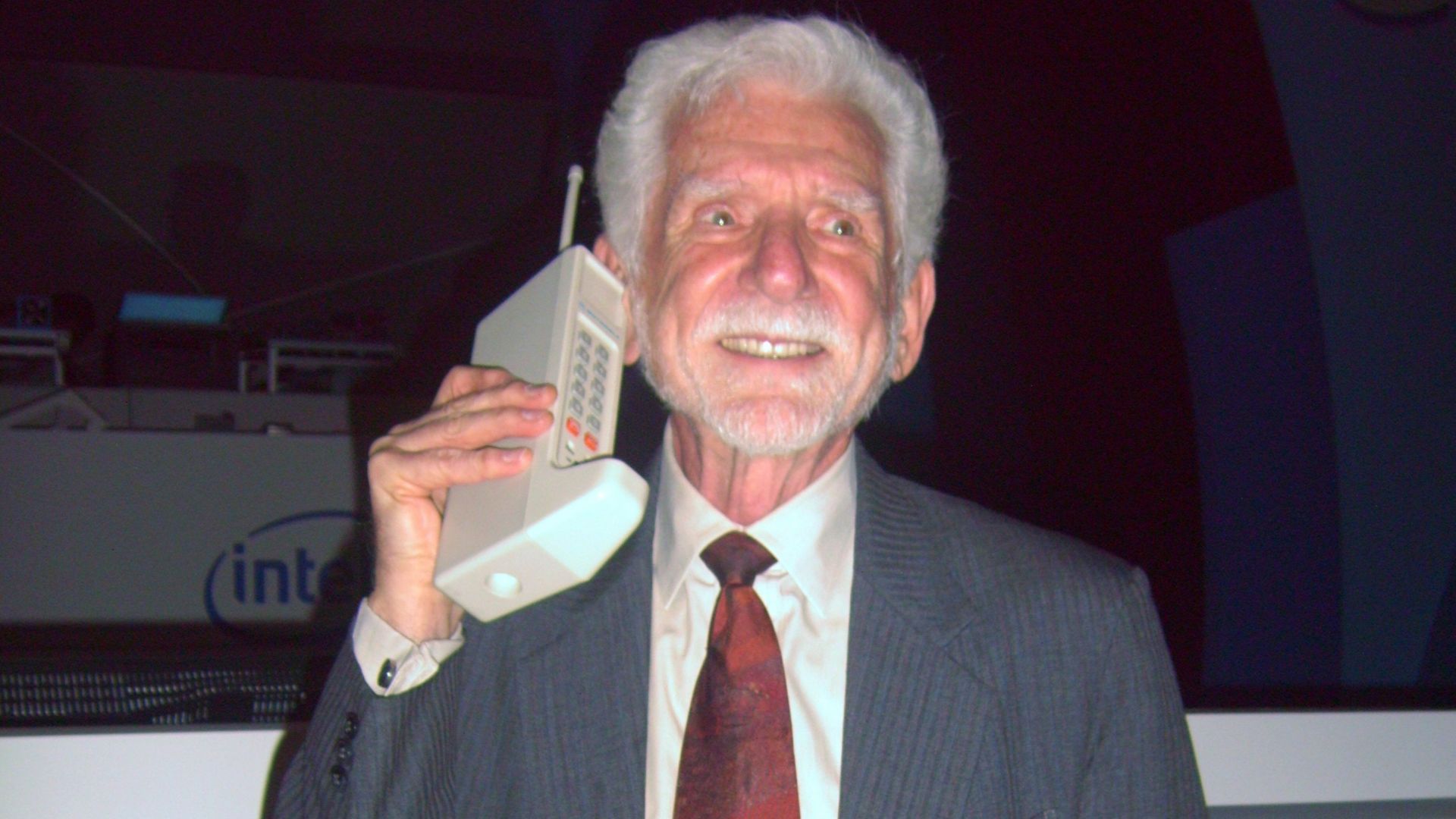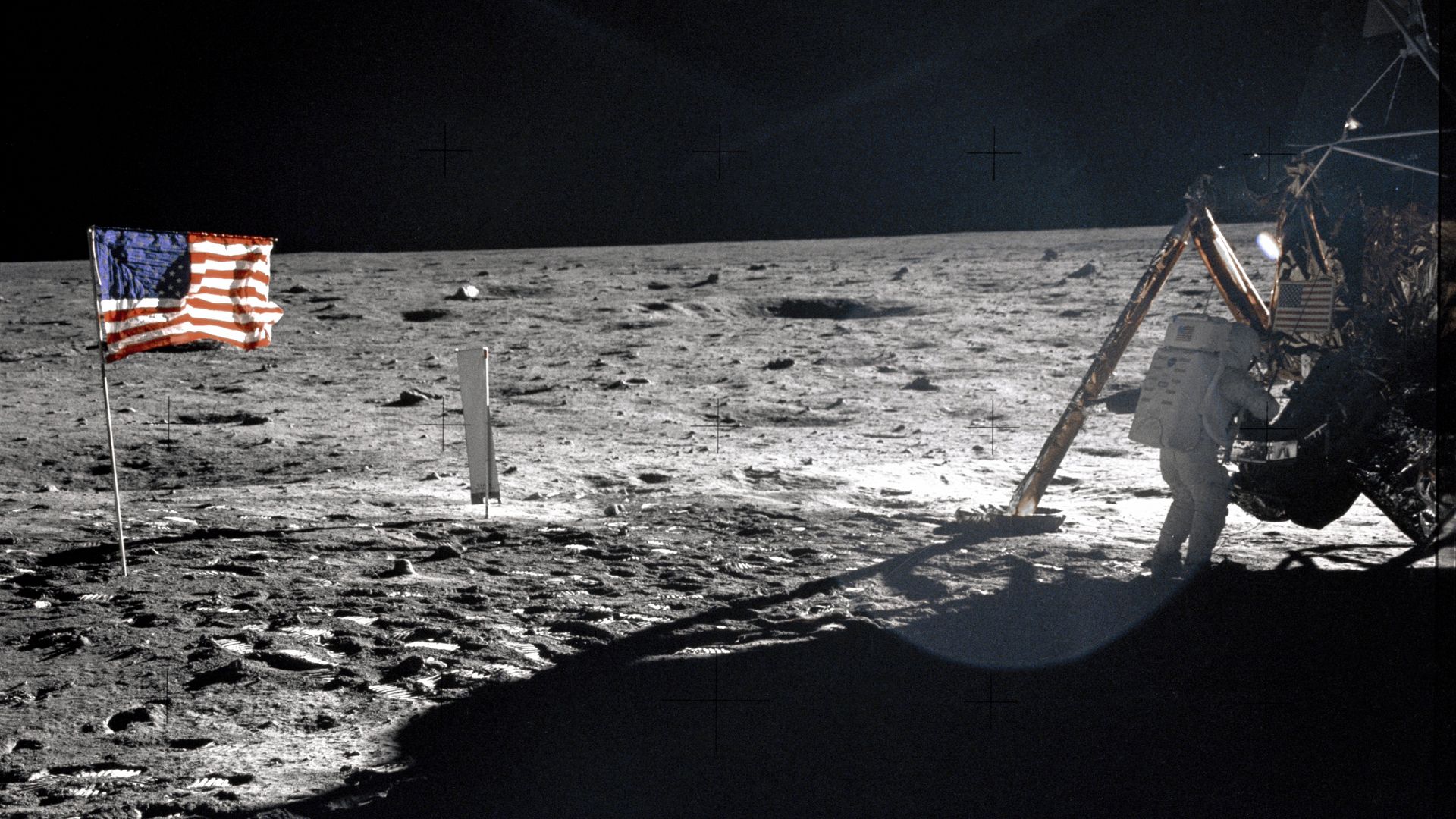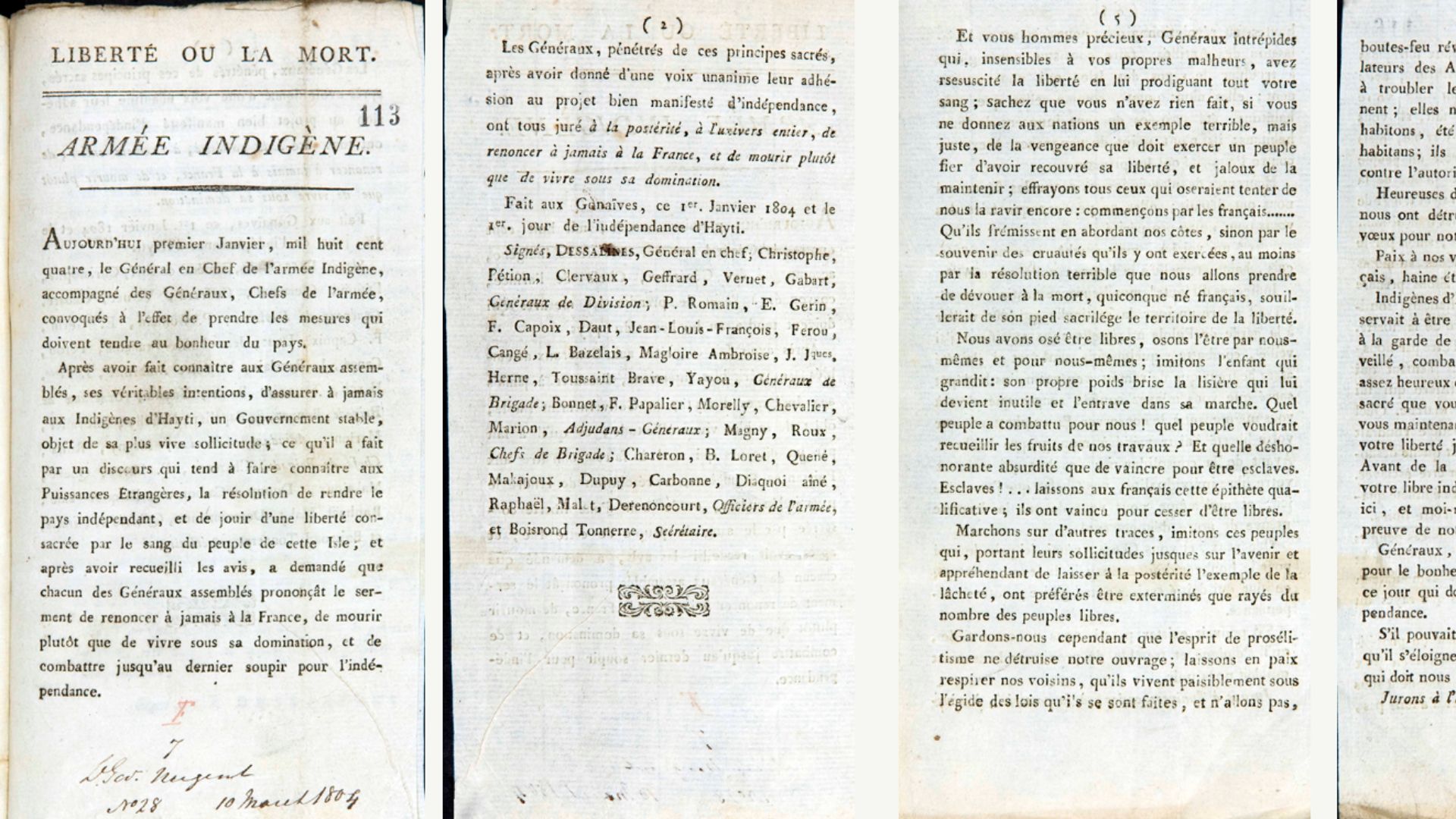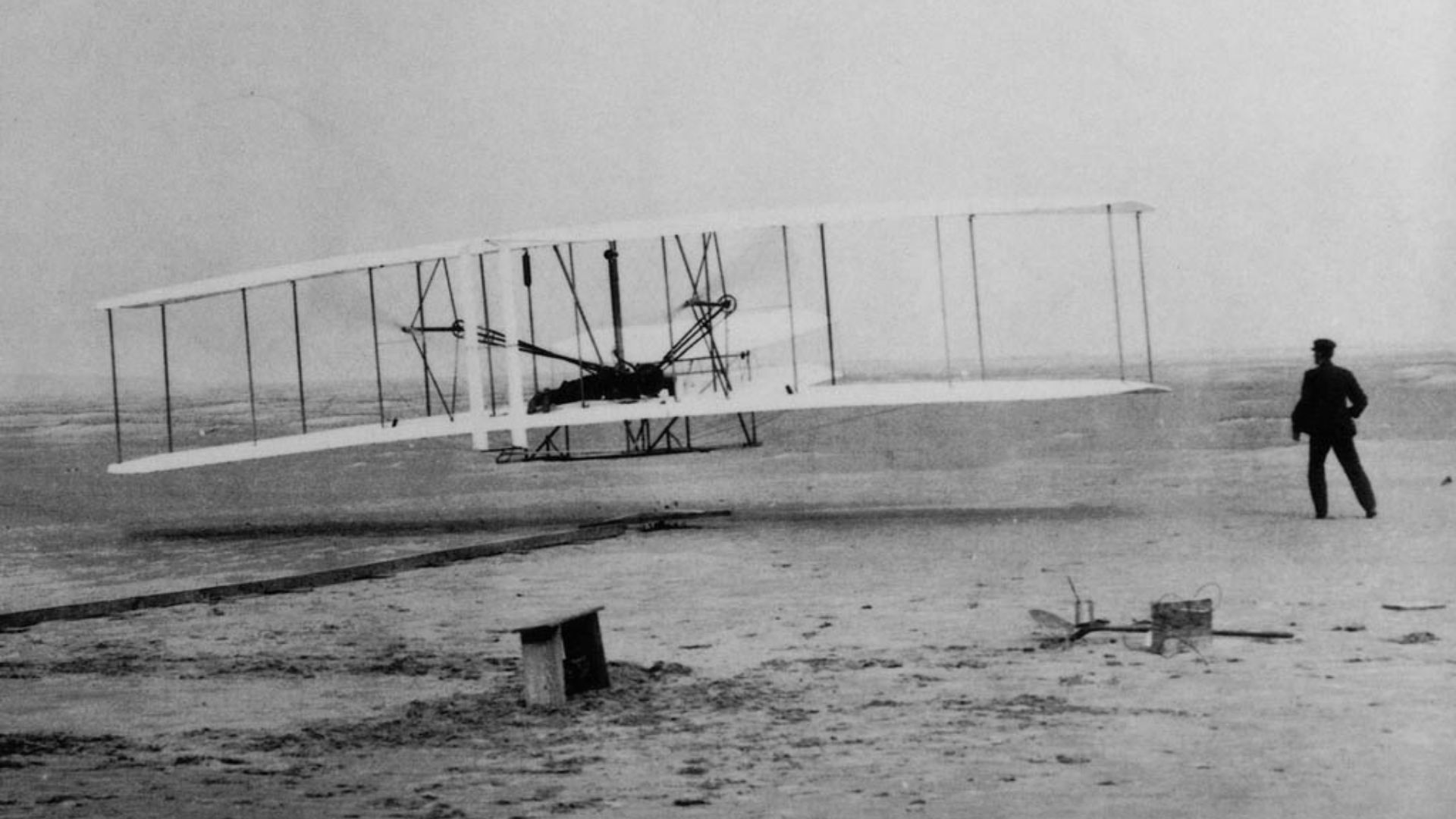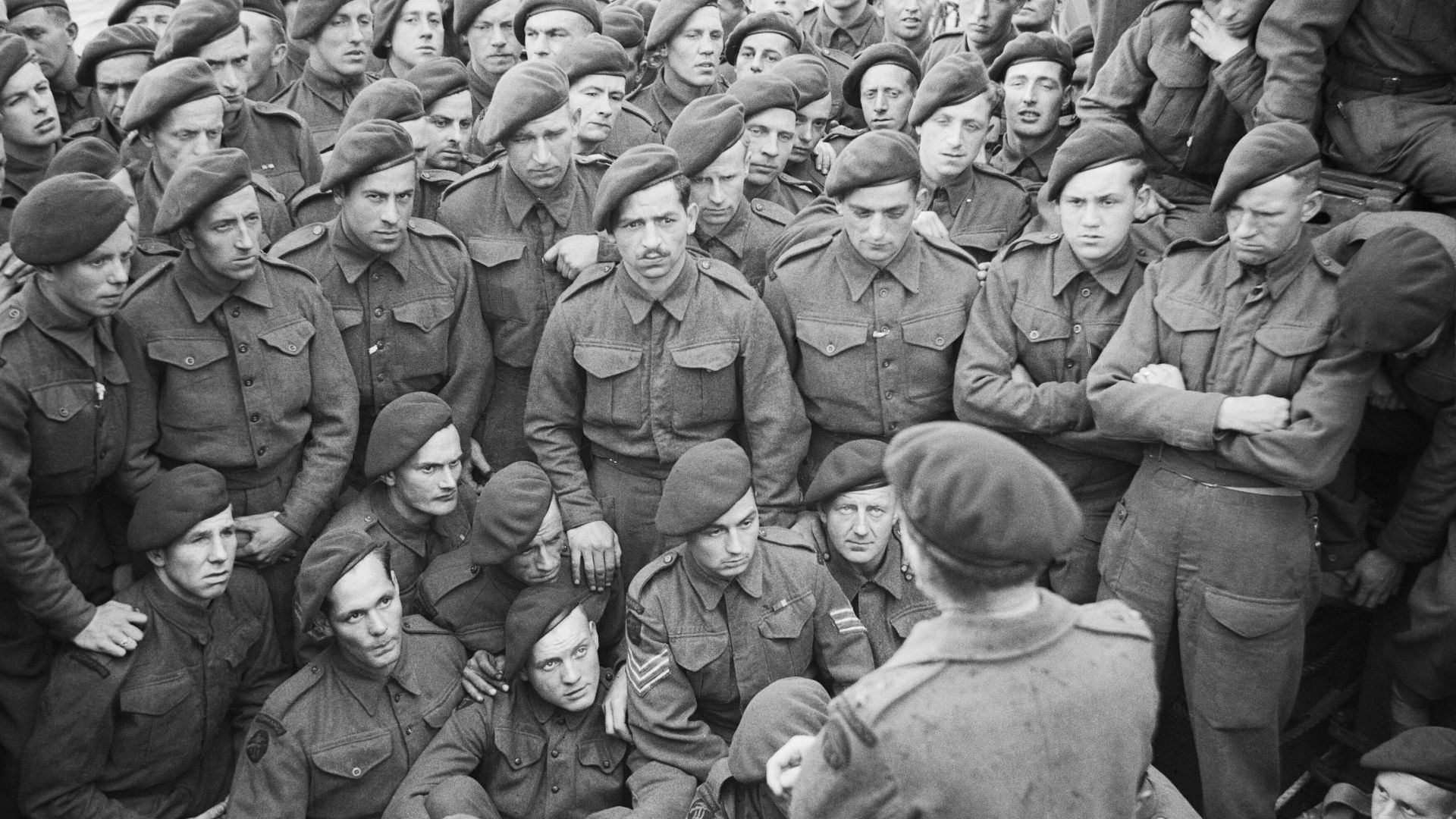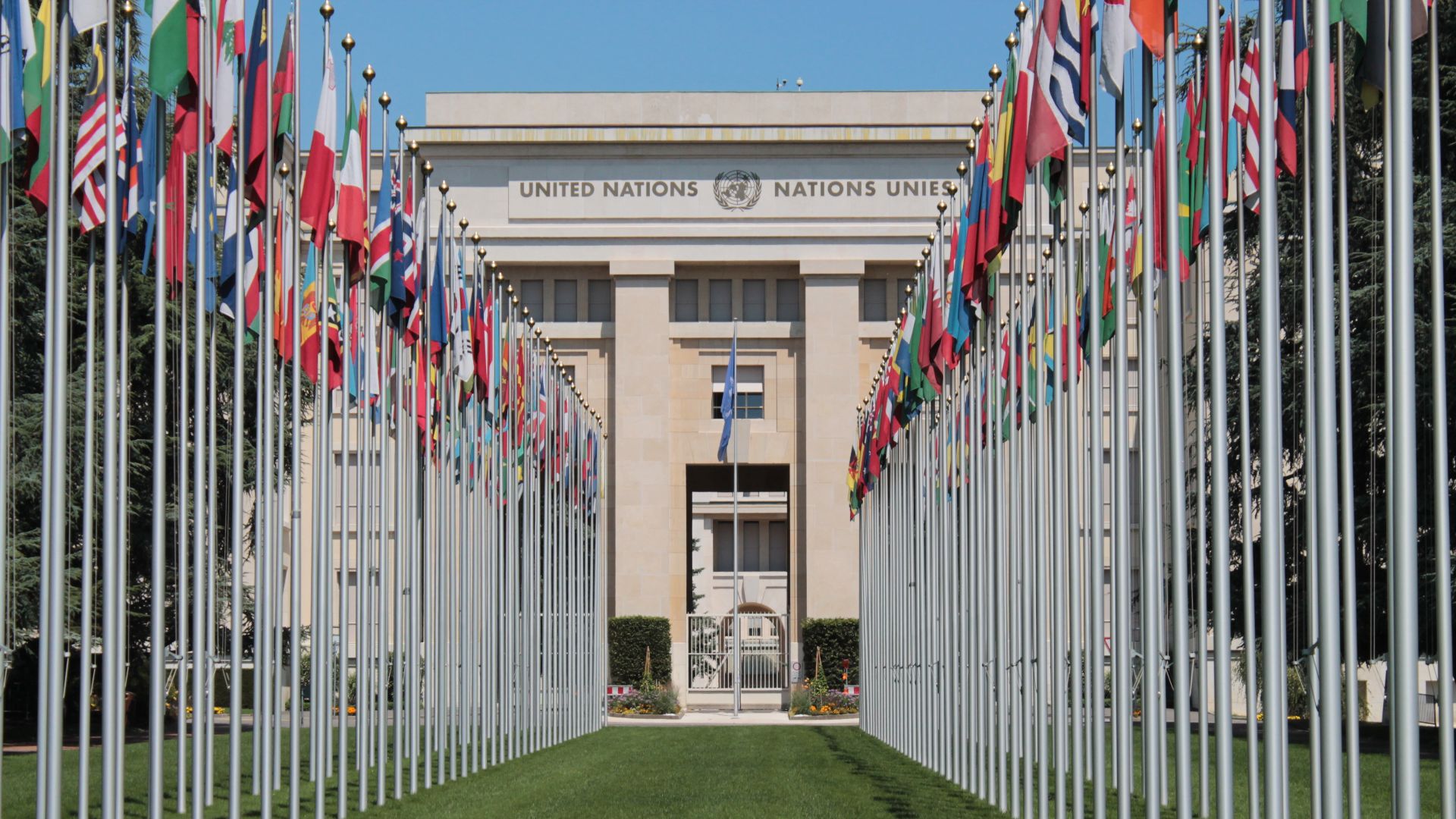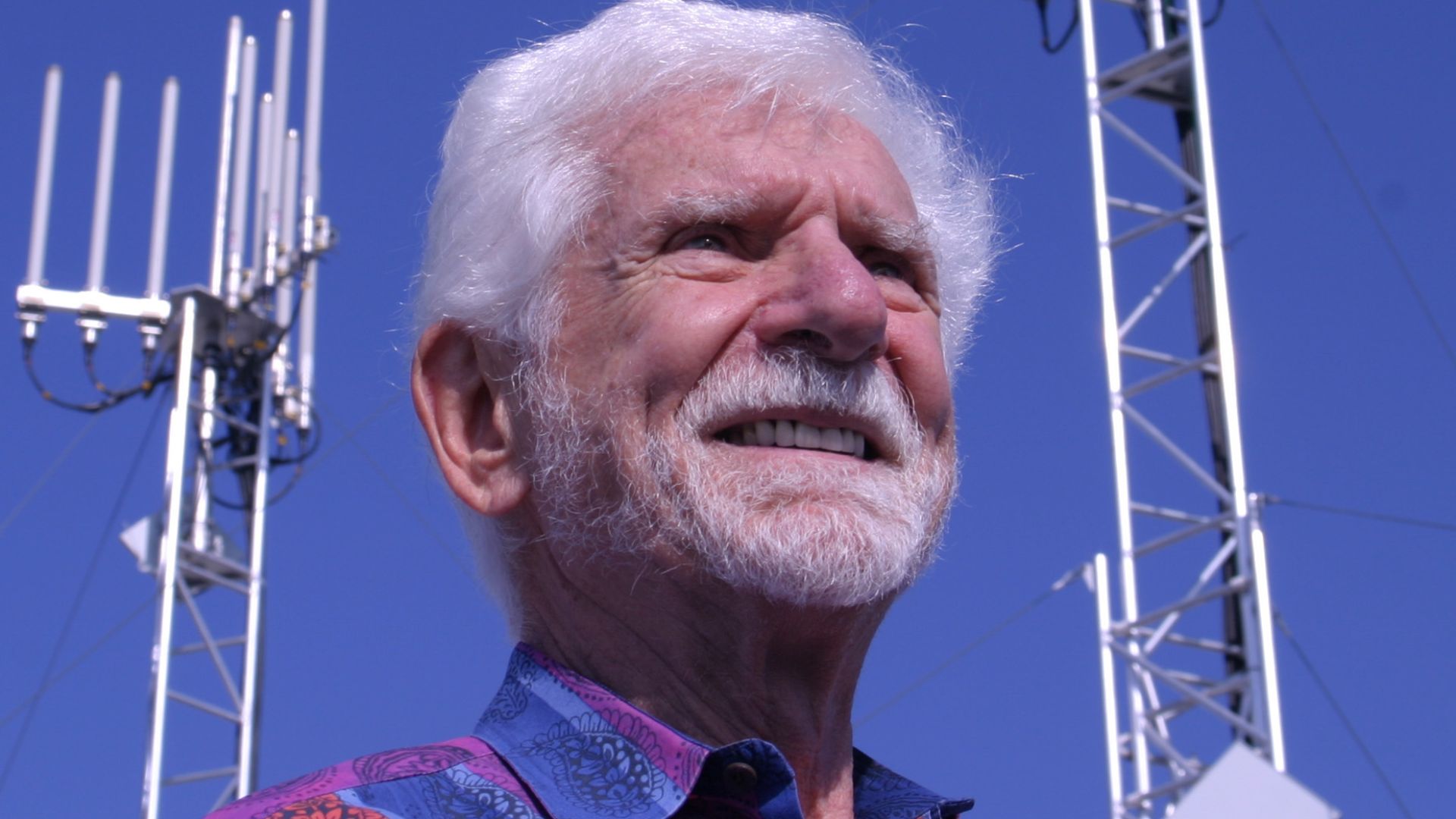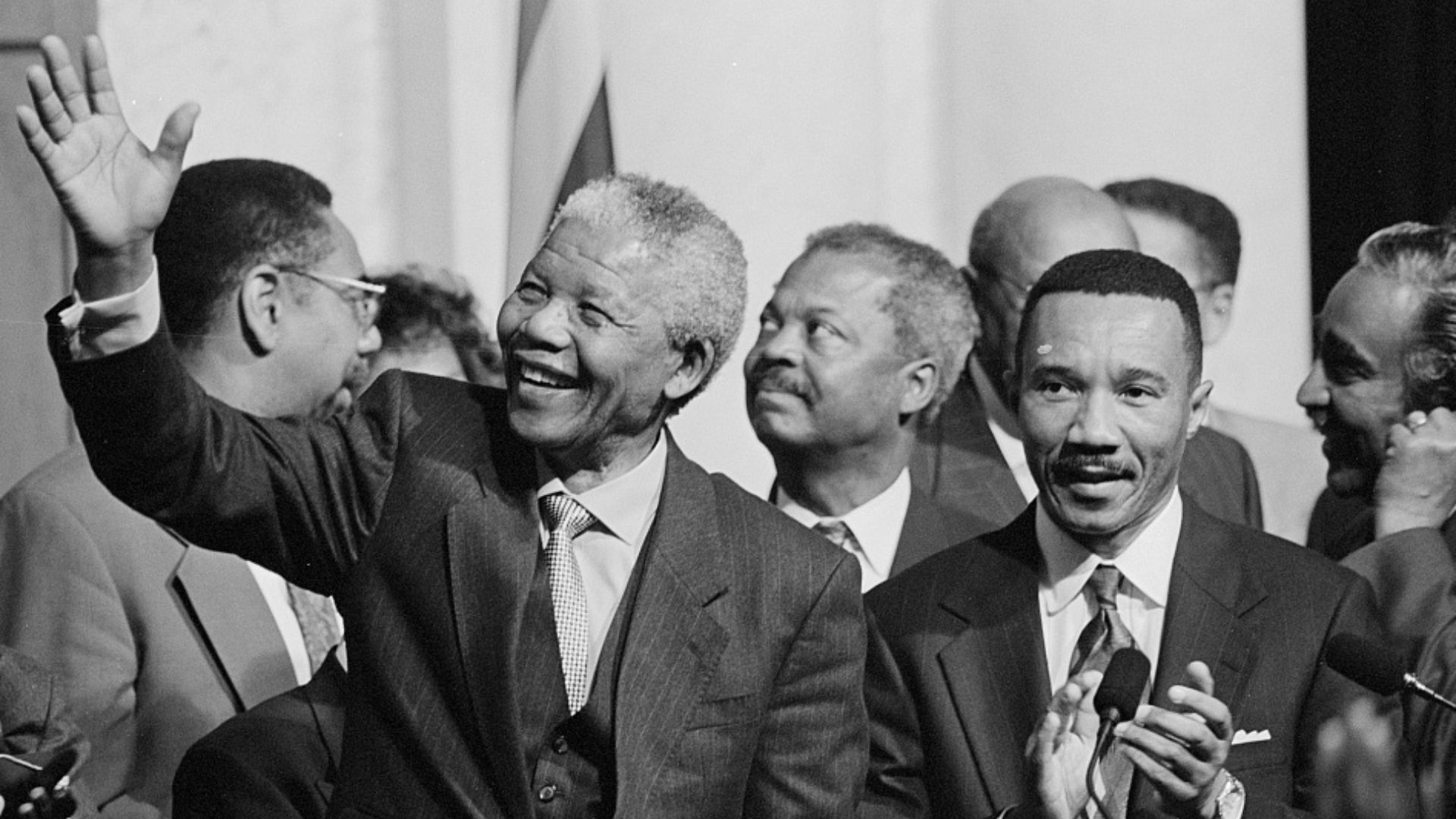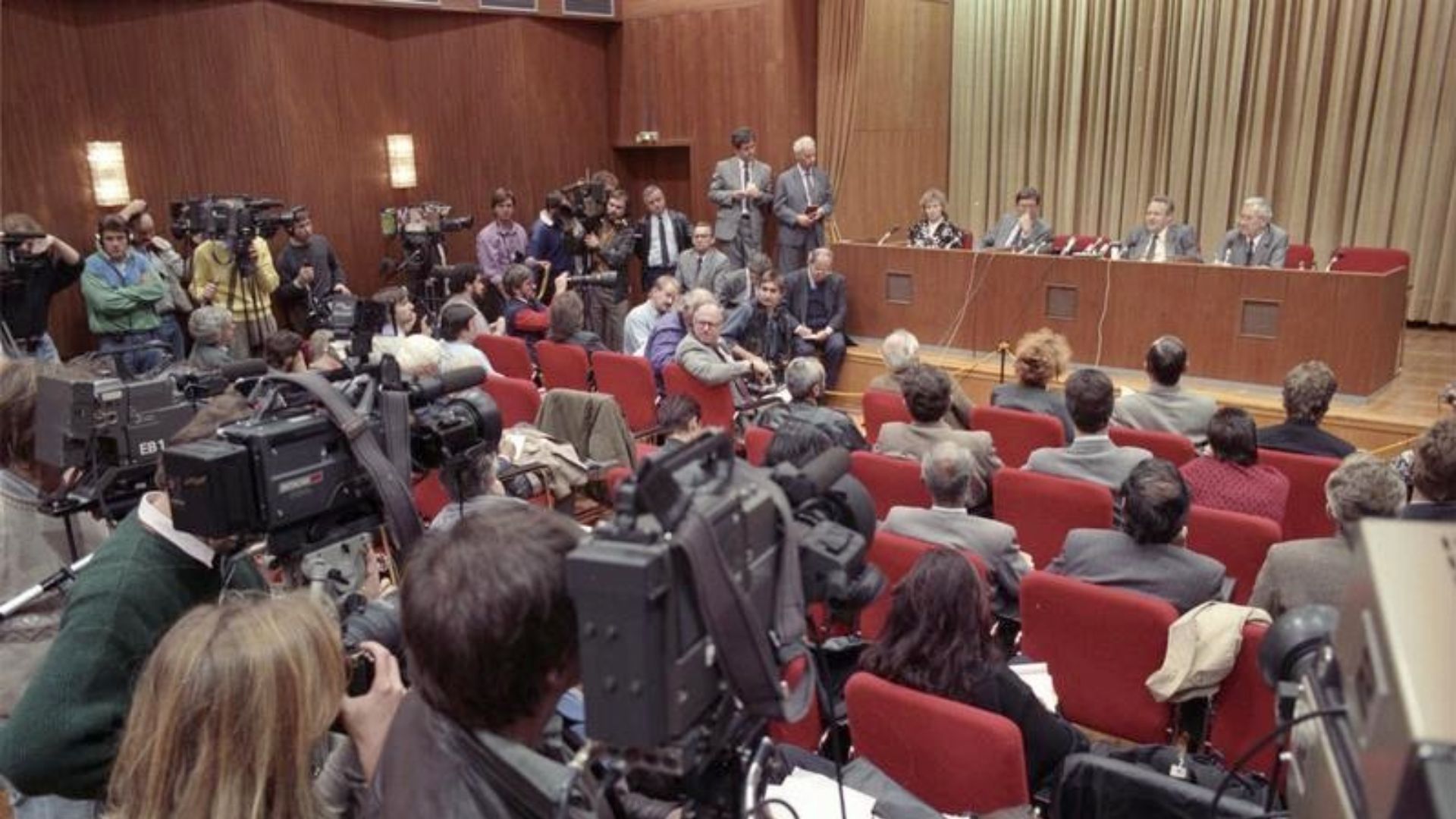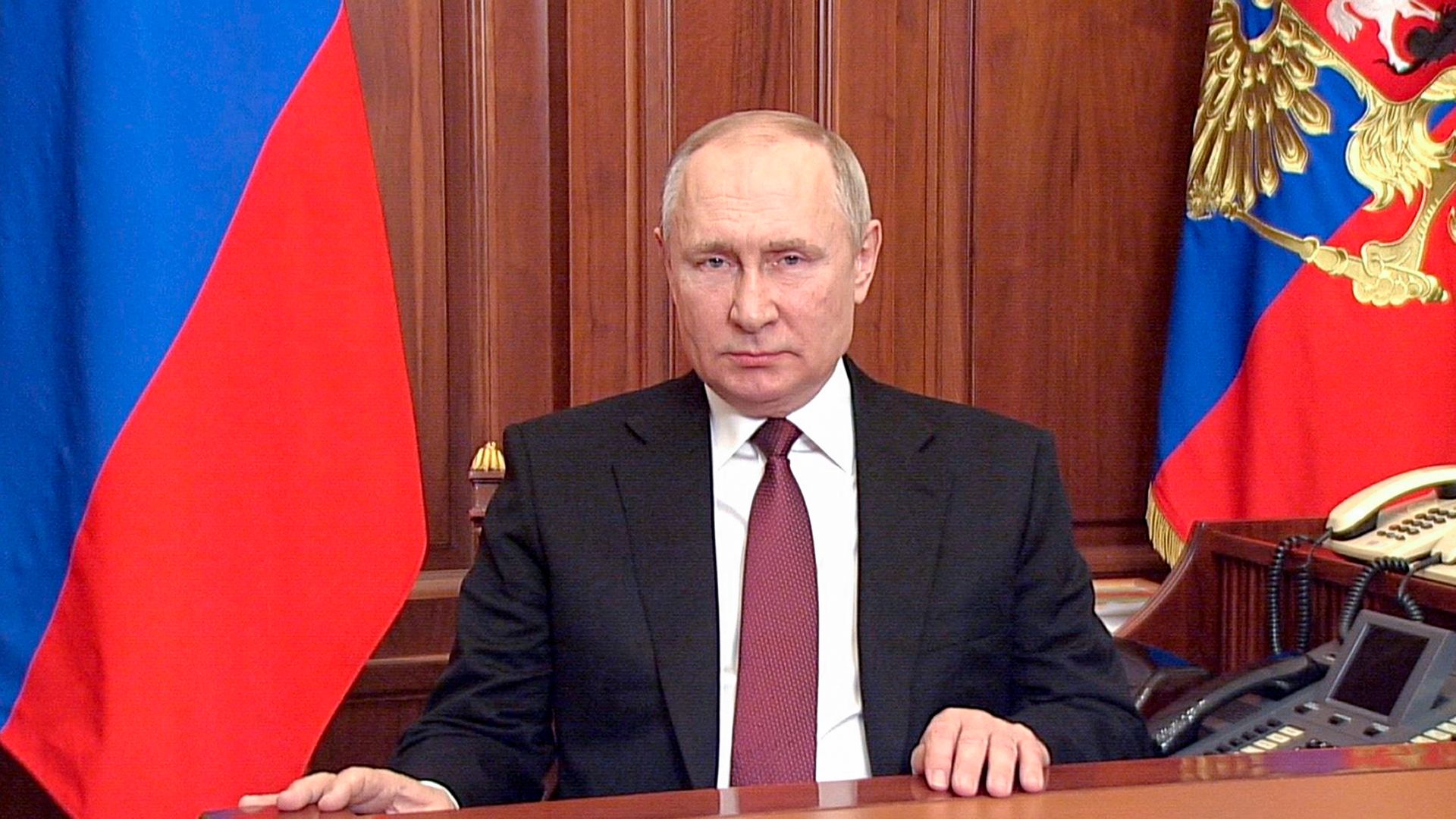The Days That Changed Everything
While most days all start to blend into one another at some point, others stand out. They've cemented themselves as monumental days with ramifications that will reverberate through time. It’s important to learn about these days because they were the turning points that helped create the world we know today. Here are 20 dates when a single day did what centuries couldn’t.
1. July 4, 1776
On this day, the thirteen colonies told the British crown: “We’re done.” Independence didn’t come cheap, but July 4 became more than fireworks and flags. It marked the moment the idea of government by the people got stamped on paper. And the United States began writing its own narrative.
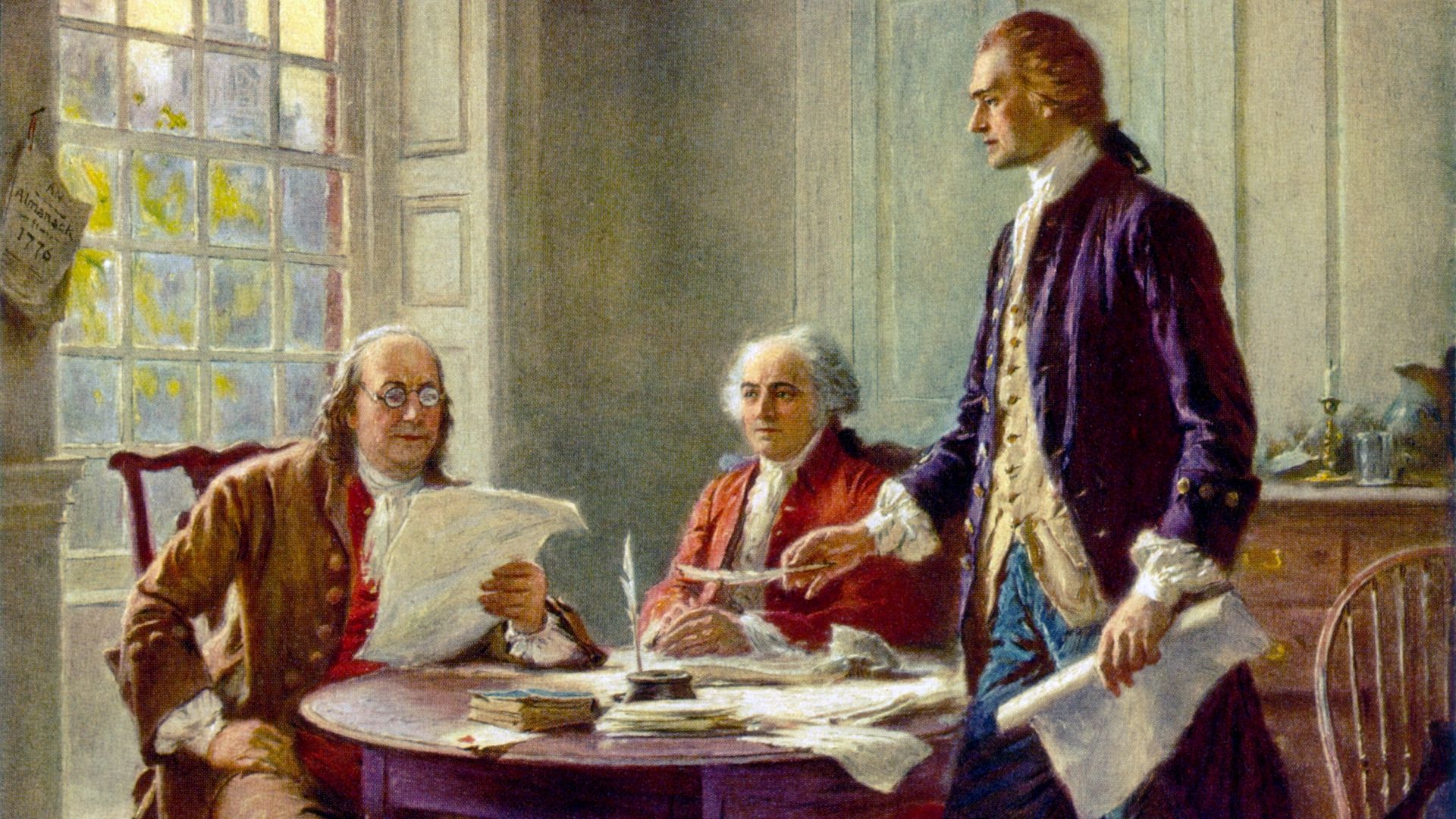 Jean Leon Gerome Ferris on Wikimedia
Jean Leon Gerome Ferris on Wikimedia
2. July 14, 1789
Long-standing inequality, economic collapse, and political rigidity created an inevitable breaking point. The storming of the Bastille wasn’t spontaneous rage. It was the result of sustained pressure with no release. Once the walls fell, the monarchy’s structure quickly followed.
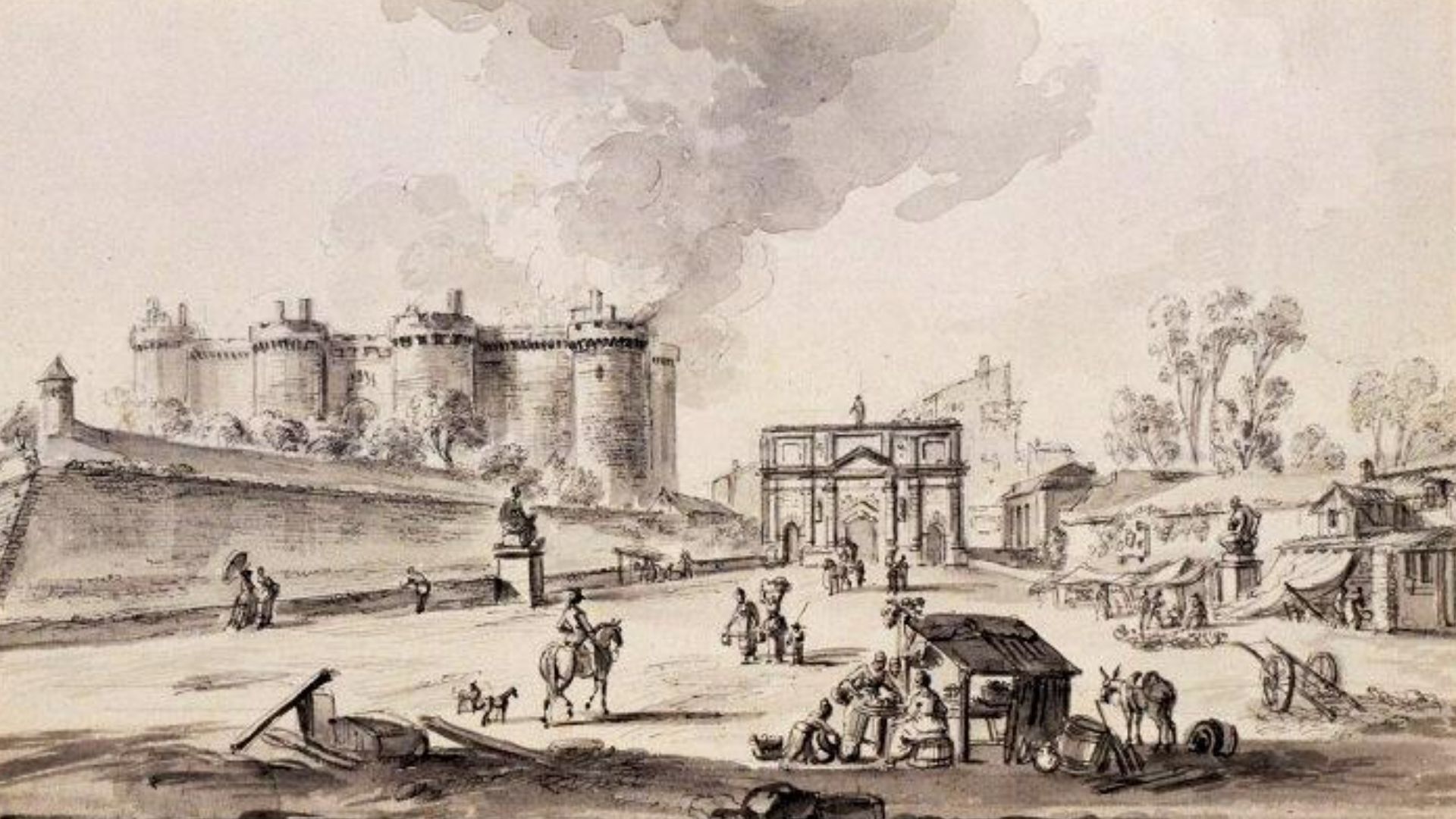 Jean-Baptiste Lallemand on Wikimedia
Jean-Baptiste Lallemand on Wikimedia
3. July 20, 1969
As Neil Armstrong stepped down the ladder, millions stared in silence. The world had never felt so close together when he stepped on the moon. A dusty footprint, barely visible through static, carried a weight no speech could match. At that moment, the possibility felt infinite.
4. January 1, 1804
Haiti did what no colony had done before: defeat a European empire and declare independence through a successful slave revolt. France lost more than land—it lost control. Haiti’s victory stunned the world, inspired abolitionists, and terrified colonial powers.
5. June 19, 1865
News of Lincoln’s Emancipation Proclamation reached Galveston more than two years later. But on June 19, 1865, the last enslaved people in the U.S. finally heard they were free. Juneteenth echoes the strength it took to hold on until freedom reached them.
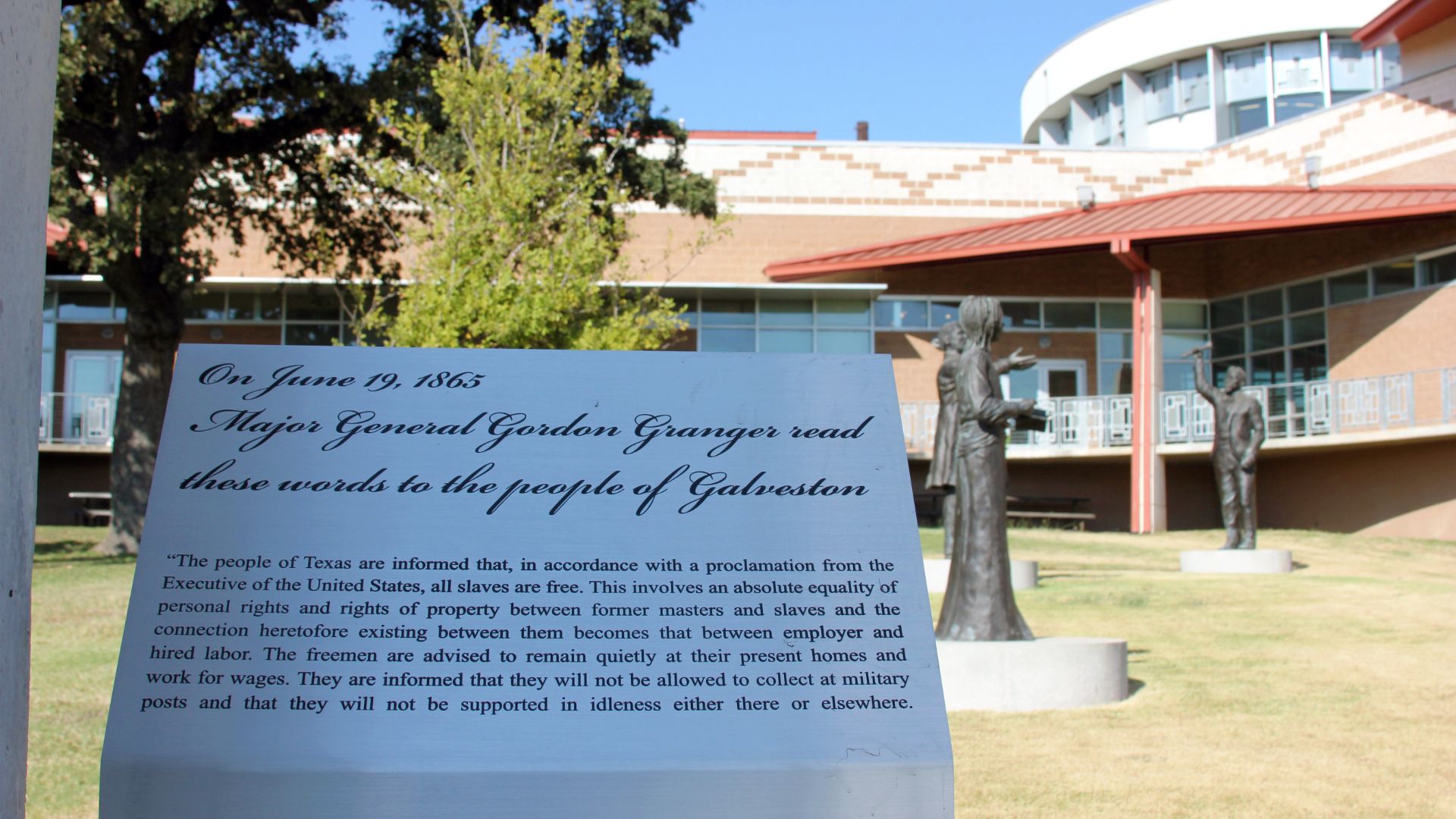 Jennifer Rangubphai on Wikimedia
Jennifer Rangubphai on Wikimedia
6. November 19, 1863
A short speech. Barely two minutes long. But Lincoln’s Gettysburg Address landed harder than the cannons that came before it. He reminded a divided nation why the Civil War mattered: liberty, equality, and unfinished work. No grand language, just clarity. That’s what made it unforgettable.
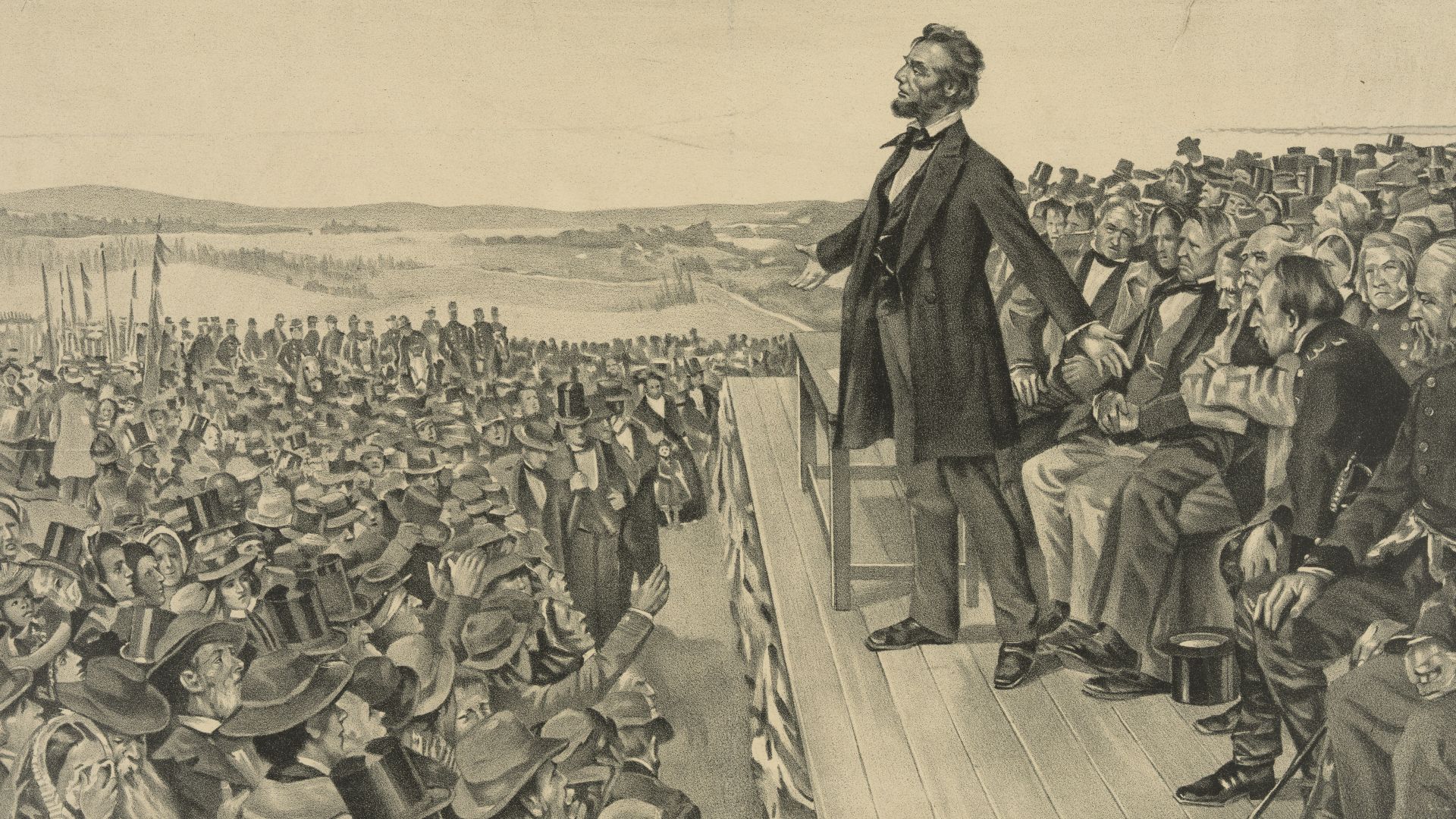 Popular Graphic Arts on Wikimedia
Popular Graphic Arts on Wikimedia
7. December 17, 1903
The Wright brothers only skimmed the Earth for 12 seconds. Still, this brief hop in North Carolina was enough. It marked the first time people escaped gravity using their own invention. Although now we cross oceans and break atmospheric barriers to head for space, it all began with a wobble and wind.
8. October 24, 1929
The market crash didn’t happen in a vacuum. Overinflated stocks, bad credit, and overconfidence set the stage. When prices began falling on Black Thursday, fear did the rest. What started in trading halls soon spiraled into one of the worst financial collapses in world history.
9. January 30, 1933
The day when Hitler was appointed as Chancellor looked like any other political move. Soon after, familiar routines faded. Power also slipped into fewer hands as democracy collapsed. The government’s shape stayed the same, but its purpose no longer served the public.
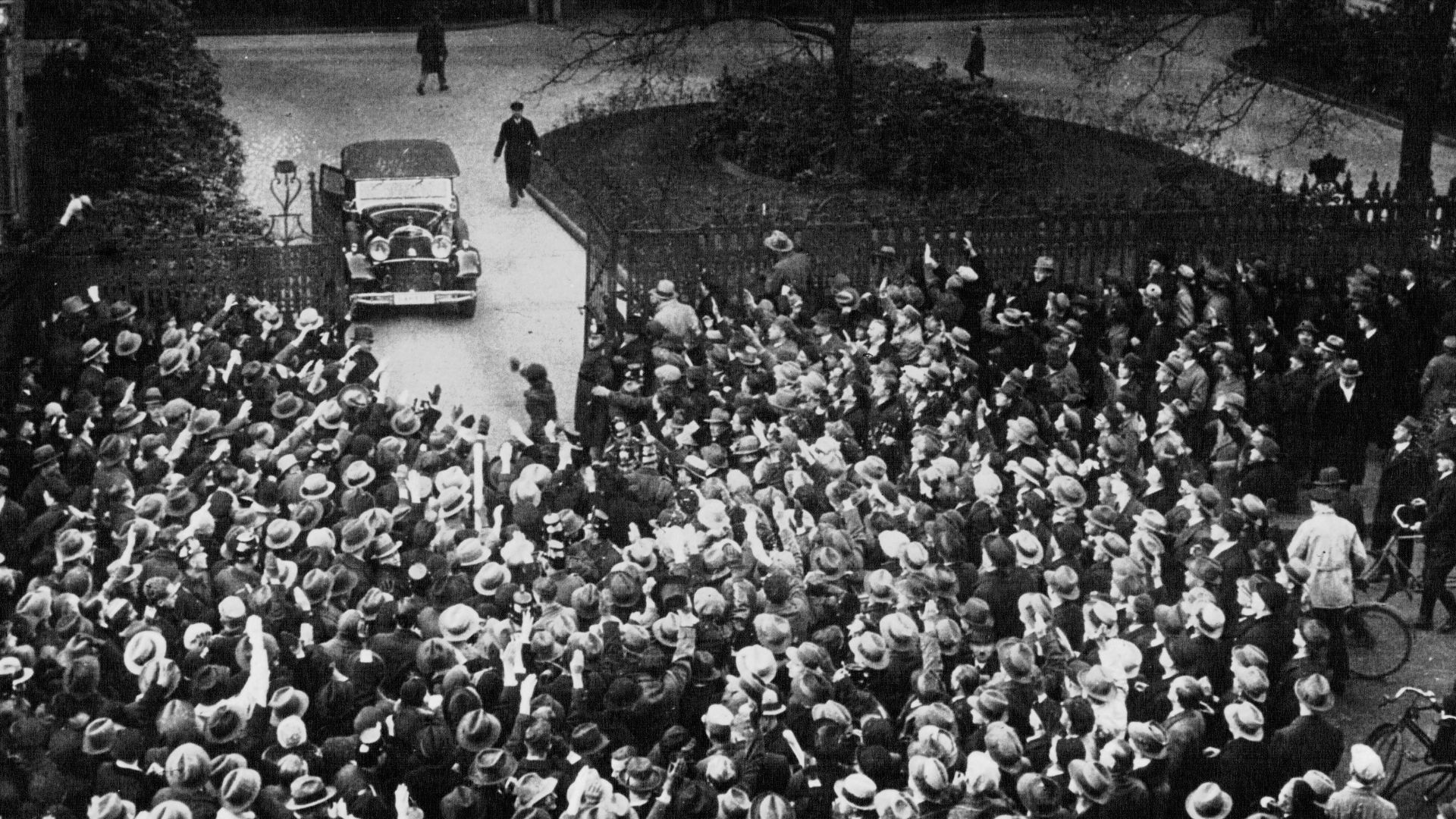 Agence de presse Mondial Photo-Presse. Agence photographique (commanditaire) on Wikimedia
Agence de presse Mondial Photo-Presse. Agence photographique (commanditaire) on Wikimedia
10. June 6, 1944
Nearly 160,000 Allied troops stormed French beaches that day to push back Nazi forces, making the invasion of Normandy one of the largest military efforts in history. Allied forces landed early in the day and held ground by nightfall, and it marked a major step toward reclaiming Europe from German occupation.
11. October 24, 1945
After WWII, humanity needed a referee. The United Nations came to life on this date, born out of battle fatigue and fragile hope. Its mission? Keep peace, resolve conflict, and remind countries they’re stuck on the same rock. Flawed or not, it’s still the world’s best attempt at peace.
12. May 14, 1948
The State of Israel declared independence in a single paragraph. Within hours, neighboring armies moved in. For some, it was rebirth; for others, displacement. The date ignited decades of tension, diplomacy, and identity struggles. Seventy-plus years later, it remains one of history’s most complicated anniversaries.
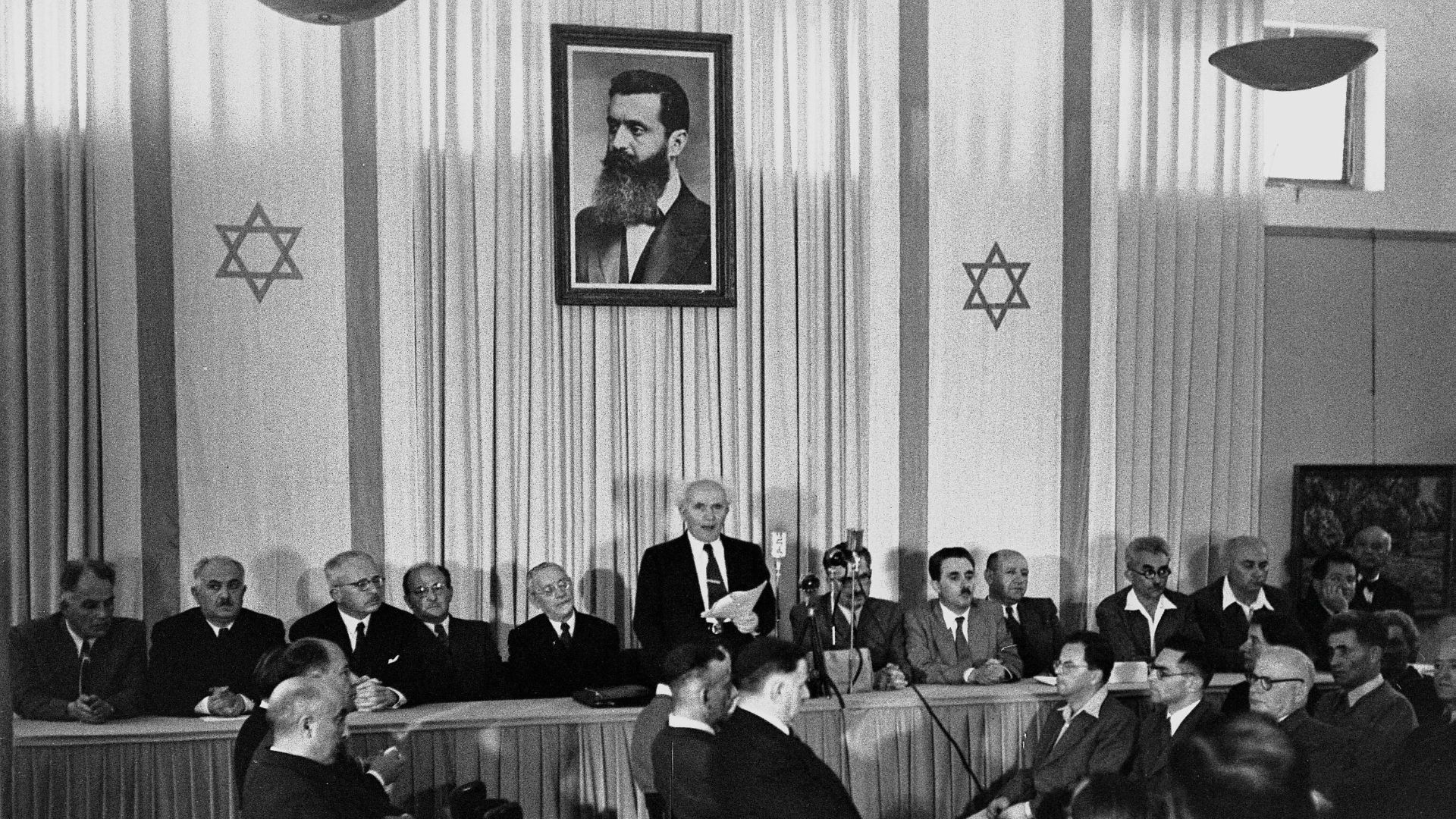 Rudi Weissenstein on Wikimedia
Rudi Weissenstein on Wikimedia
13. December 1, 1955
Rosa Parks wasn’t the first to refuse bus segregation, but her defiance stuck. She didn’t yell or fight. She just sat there quietly and firmly and sparked a national movement. That moment lit the fuse for the Montgomery Bus Boycott and, eventually, the Civil Rights Act.
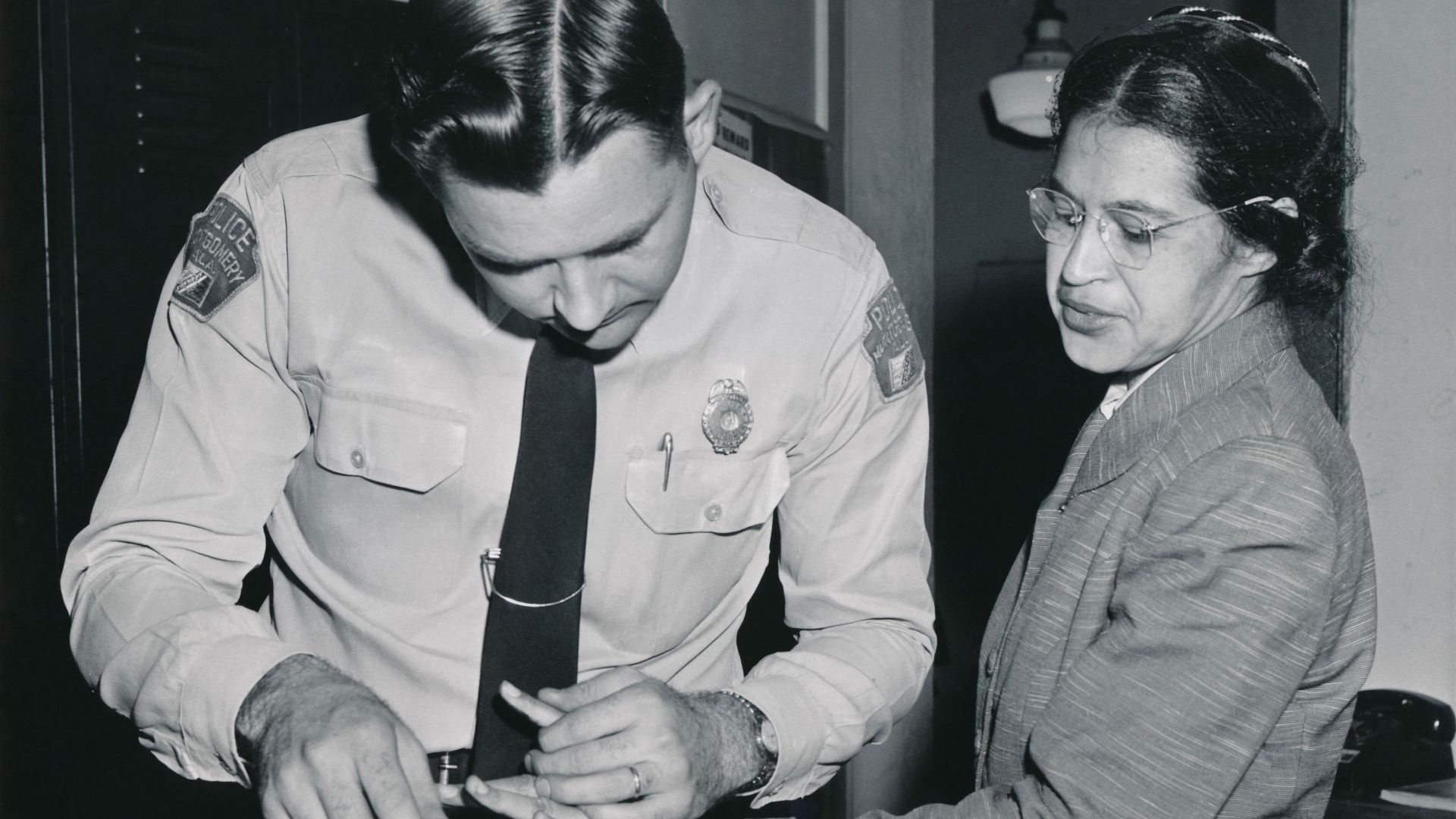 Gene Herrick for the Associated Press; restored by Adam Cuerden on Wikimedia
Gene Herrick for the Associated Press; restored by Adam Cuerden on Wikimedia
14. October 4, 1957
The Soviet Union set off Sputnik, the first human-made satellite, into Earth’s orbit. A beeping metal sphere, just 23 inches wide, sent shockwaves across the globe. It marked the start of the Space Race, forever linking outer space to science, power, and politics.
15. August 15, 1969
Woodstock Music & Art Fair began on this day, drawing nearly half a million people to a muddy farm in New York. It stretched over three days, shaped by music, frustration, and growing opposition to the Vietnam War. What started as a concert became the heart of a generation’s protest.
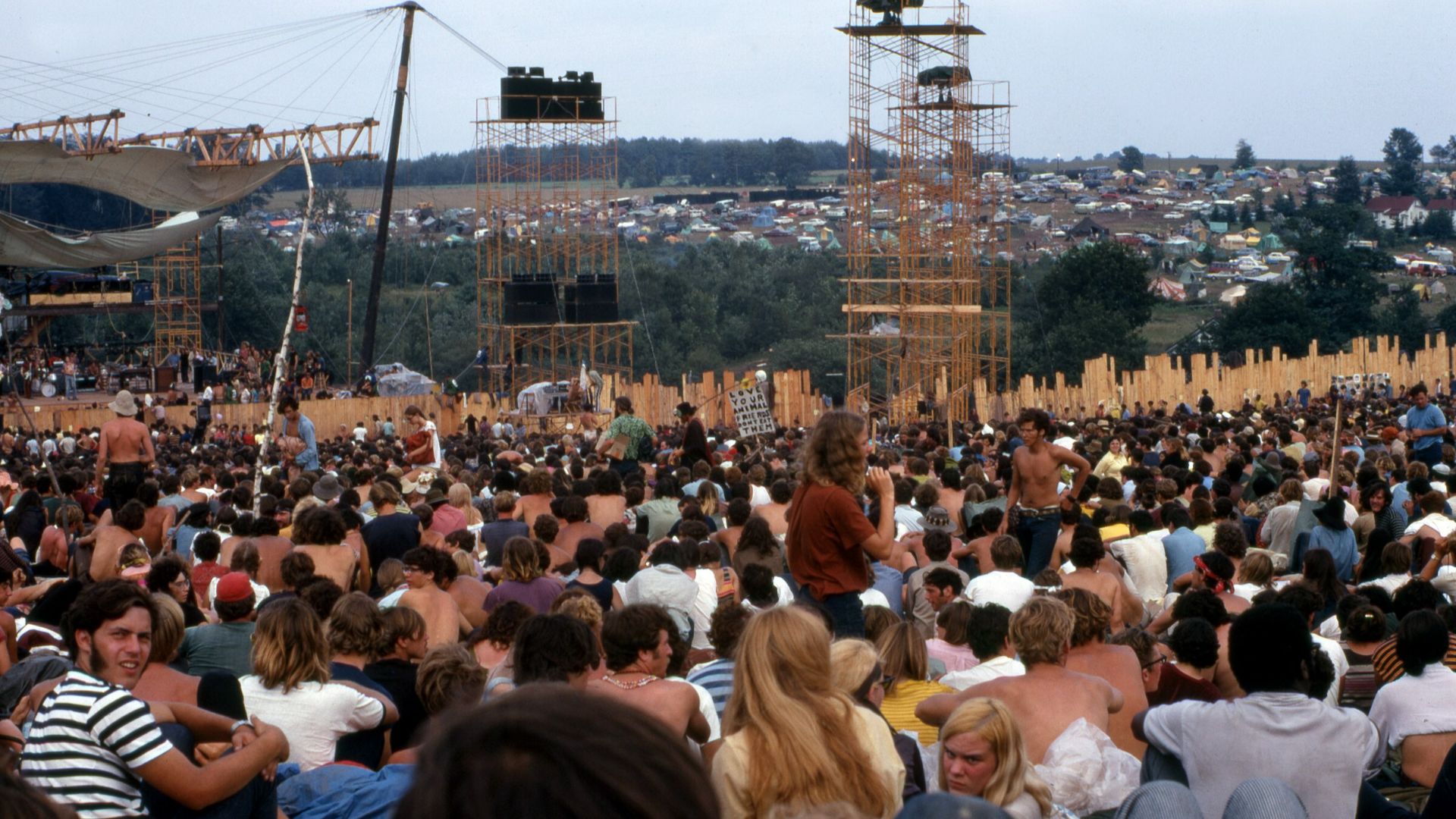 Woodstock Whisperer on Wikimedia
Woodstock Whisperer on Wikimedia
16. April 3, 1973
On this day, engineer Martin Cooper made the world’s first mobile phone call on a New York City sidewalk. Holding a bulky prototype, he dialed a rival at Bell Labs. That call sparked a revolution—April 3 became the day wireless communication truly began.
17. February 11, 1990
Nelson Mandela walked out free after 27 years in prison. His calm dignity stunned the world and reignited South Africa’s push to end apartheid. That moment wasn’t just a release—it was a turning point that rewrote the rules of resistance, forgiveness, and the long road to true freedom.
18. September 11, 2001
The attacks on September 11 shook the U.S. and changed how Americans understood threat, loss, and global presence. The response was not brief. In fact, it shaped entire policies and gave a new generation a constant reference point by which to guage what things were before and after this earth-shattering event.
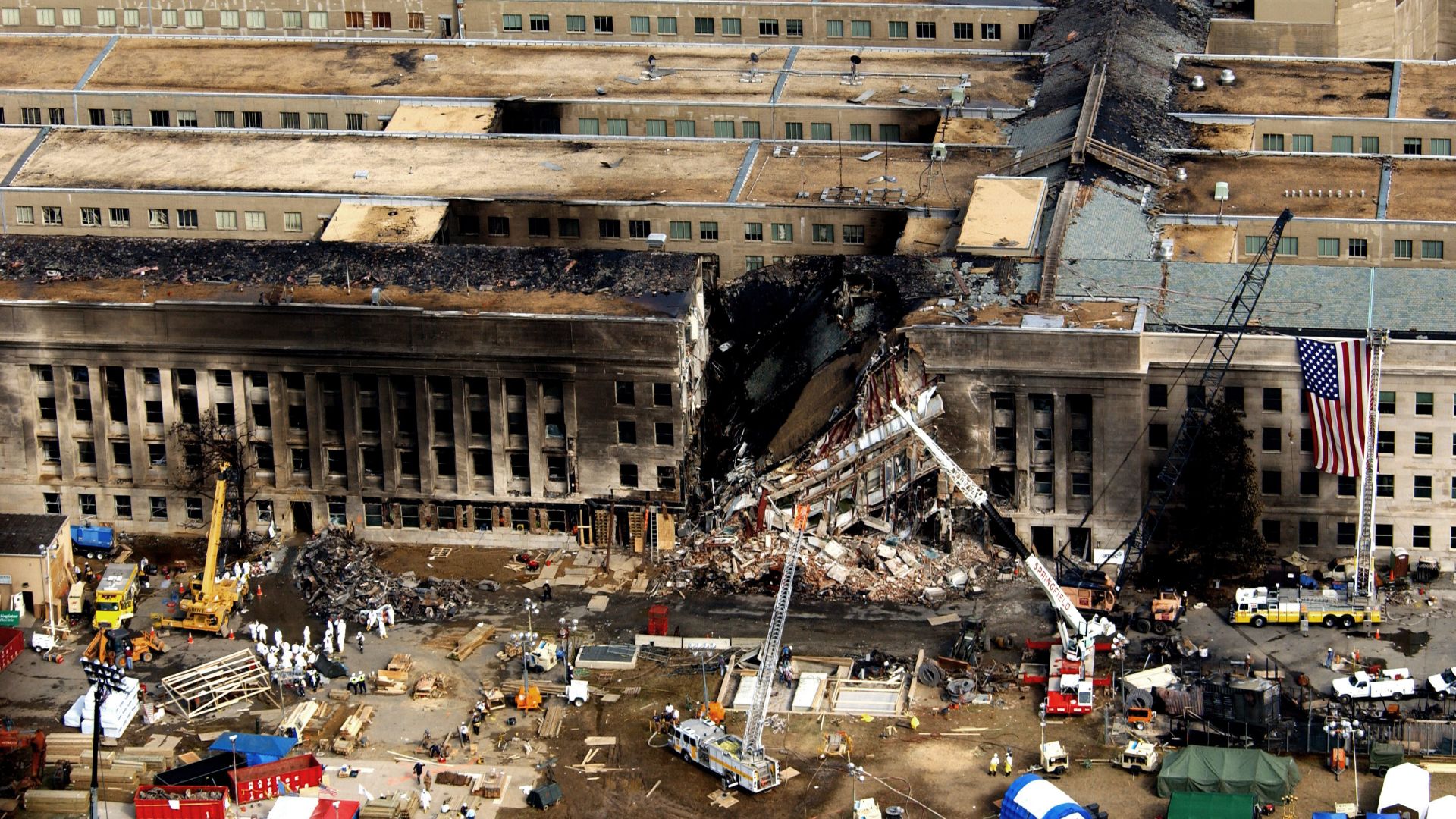 TSGT CEDRIC H. RUDISILL, USAF on Wikimedia
TSGT CEDRIC H. RUDISILL, USAF on Wikimedia
19. November 9, 1989
In one night, a concrete symbol of division fell, and with it, the Cold War began to collapse for all to see. The Berlin Wall cracked open without warning, and thousands rushed through. East met West in a flood of tears, cheers, and hammer blows.
20. February 24, 2022
Russia launched a full-scale invasion of Ukraine. Missiles rained down as civilians fled through the chaos. Once seemed impossible, it became brutally real. This day shattered illusions of peace, reminding the world that history’s darkest chapters can still be rewritten—by force.
KEEP ON READING

10 Greatest Quarterbacks Of All Time & 10 That Are…
Do You Disagree?. Few topics in sports generate as much…
By Farva Ivkovic Dec 2, 2025
The story of Ching Shih, the Woman Who Became the…
Unknown author on WikimediaFew figures in history are as feared…
By Emilie Richardson-Dupuis Dec 29, 2025
20 Shakespearean Words, Translated For A Modern Audience
What’s In A Word?. Shakespeare was a wordsmith of the…
By Breanna Schnurr Dec 17, 2025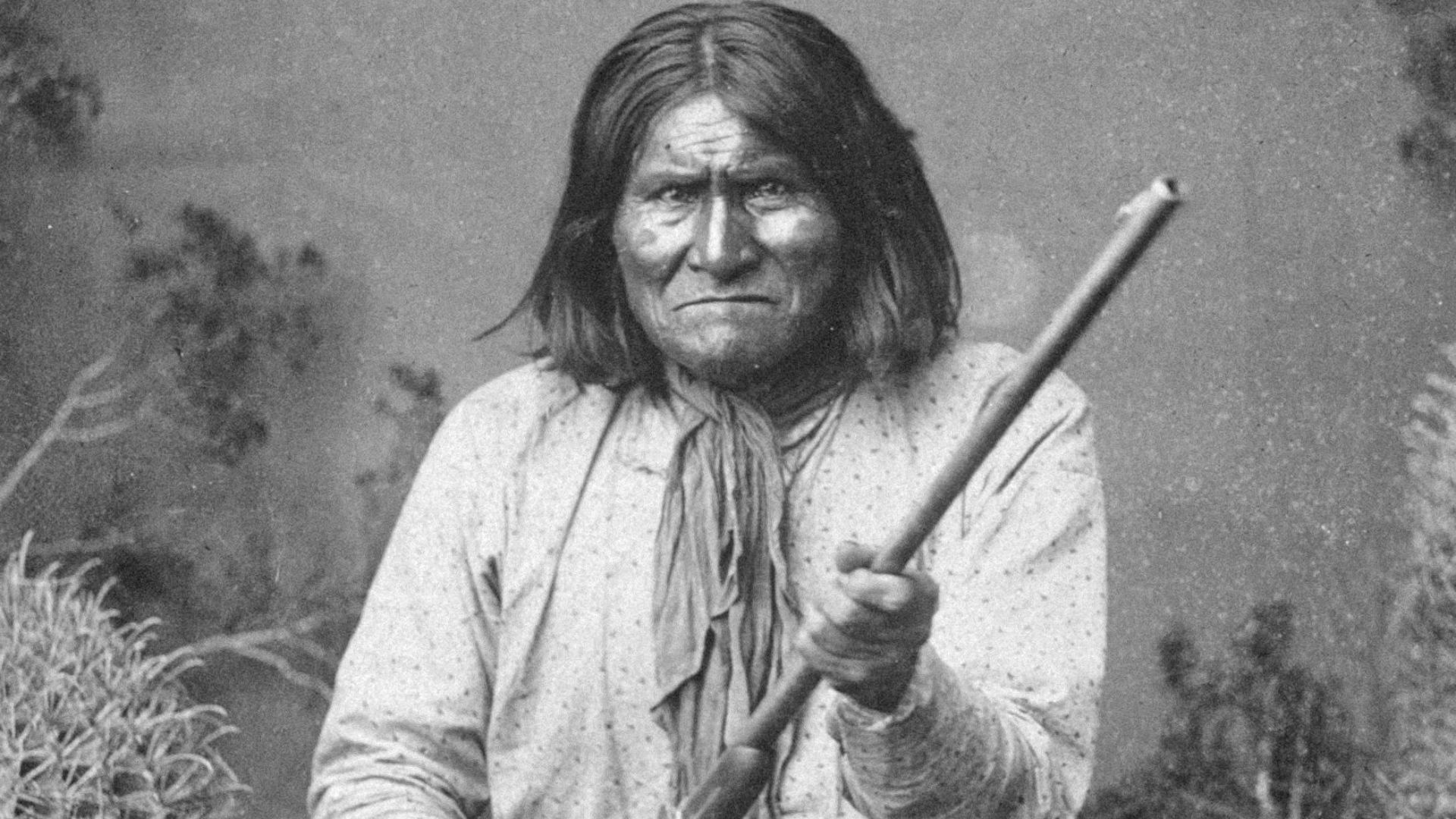
20 Inspiring Stories From Native American History
Incredible Stories Of Resilience And Endurance. Many of us didn't…
By Ashley Bast Dec 17, 2025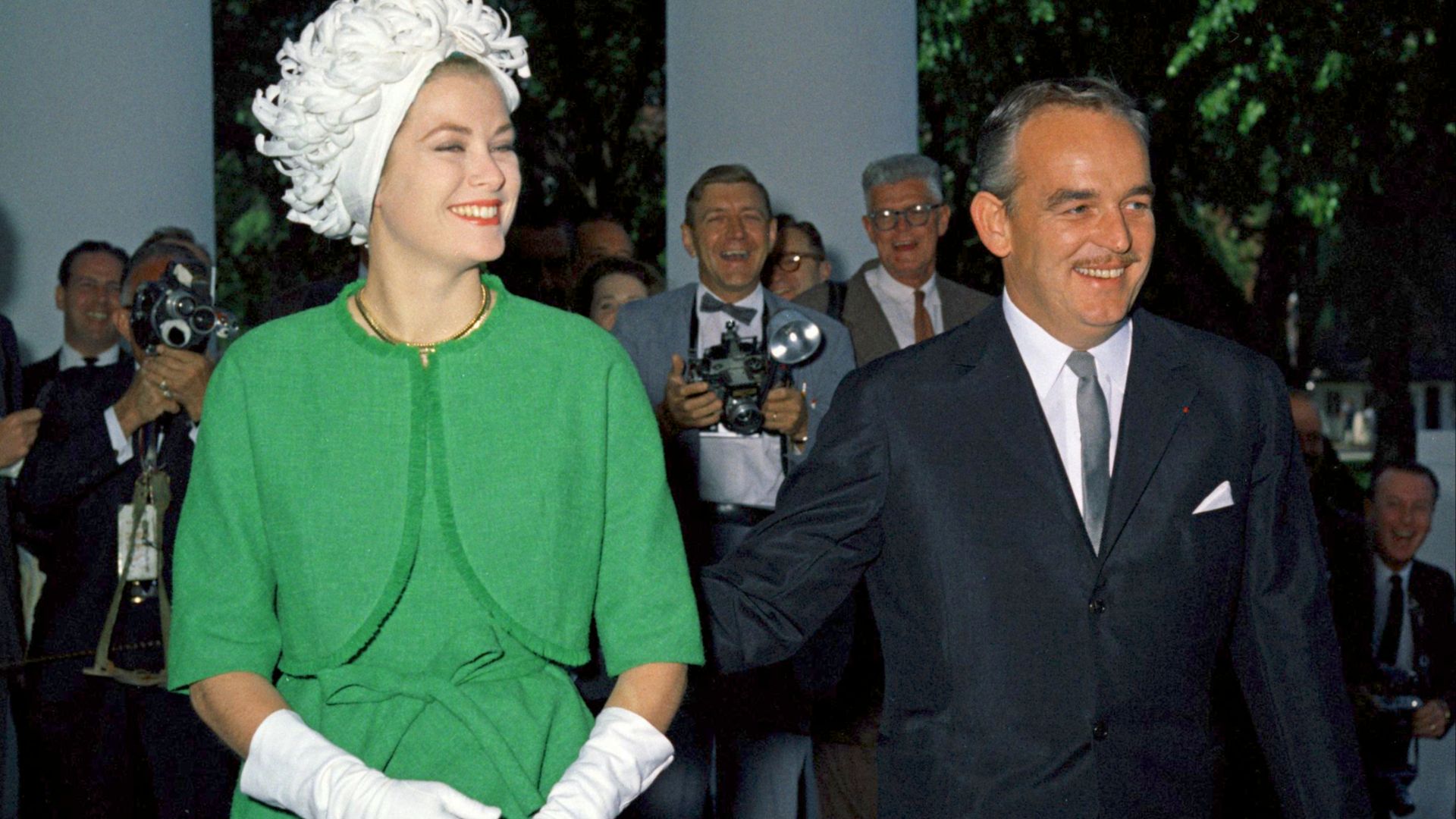
You Think You Have Problems? These Royal Families Were Cursed
Boasson and Eggler St. Petersburg Nevsky 24. on WikimediaHeavy is…
By Ashley Bast Dec 5, 2025
MH370: The Plane That Can't Be Found
Anna Zvereva from Tallinn, Estonia on WikimediaEleven years after Malaysia…
By Christy Chan Dec 10, 2025

